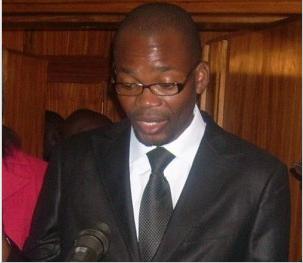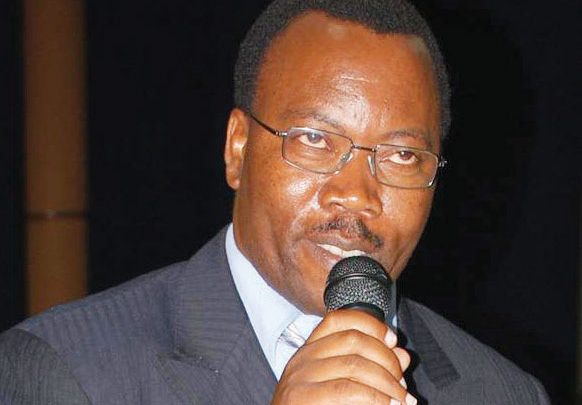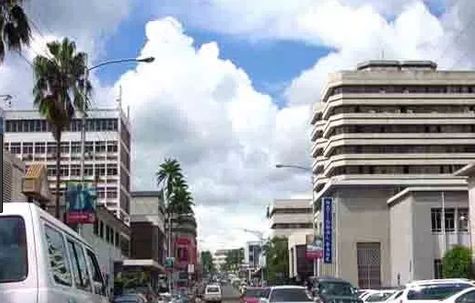Economics Association of Malawi (Ecama) wants Presidential mandate of appointing Governor of Reserve Bank of Malawi (RBM) and head of the Malawi Revenue Authority (MRA) removed as one way of making sure that the two critical offices operate without political interference.
In its communique from the annual conference held recently, Ecama wants government to re-institute a National Economic Council which will, among other things, be responsible for the nomination of who the Governor of the central bank should be and appoint the head of MRA other than the President, who is a political figure.
“There is urgent need for Malawi as a country to re-establish a legal permanent institution of experts (think tank) called National Economic Council that will be responsible for advising and overseeing major national projects to ensure continuity of projects regardless of which government is in power.
“There is need for properly and consistently managed exchange rate regime and monetary policy that requires the independence of the Central Bank. The Governor of the RBM should be nominated by a National Economic Council. Relatedly, the Head of MRA should be appointed by the National Economic Council,” reads the communique.
It further suggests that the proposed National Economic Council should be responsible for recruiting Principal Secretaries (PS) to ensure that they are hired based on competencies as opposed to political patronage.
“The country lacks effective institutions, structures and systems that stand above politics to support investments for economic growth,” it says.
An economic analyst Henry Kachaje said the move would help depoliticise the operations of these offices, citing the MRA borrowing scandal as a glaring example of how tying these positions to politics cripples their operations.
“There are some indications that those appointed to head institutions like MRA or RBM have not been entirely independent of political influences.
“Think of the scandal at MRA of borrowing from commercial banks to paint a picture of good performance; think of the time in the previous government where it is believed fiscal and monetary policies were being controlled at state house.
“You just have to see that any new government appoints its own people to these positions, that is enough evidence of lack of independence to these offices,” Kachaje said.
On the re-establishment of an economic council, Kachaje said it is probably the only realistic and progressive direction that Malawi should take in order to find answers to the economic challenges that it is facing and that if properly constituted, the NEC will play a critical role in defining the economic destiny that will see Malawi getting off donor-dependency in five to seven years.
“The NEC will be the custodian of the country’s economic vision and future and must act independently regardless of the change in political leadership.
“Most of the progressive economies such as Singapore and South Korea have relied on a national think tank to progress economically. Malawi may only progress economically if this proposal is given serious attention and hopefully adopted as soon as is feasible. I only pray that government will give this proposal some serious attention and sober review,” he said.
However, Minister of Information Moses Kunkuyu, who is also government’s spokesperson, said Presidential prerogative to make these appointments is vested on the president by the Constitution and that failing to exercise the powers would be breach of the constitution.
“The government or the President is empowered by the Constitution to make the appointments. It has always been like that. If we go against the Constitution then it will be wrong.
“If Ecama wants that they have to go through the National Assembly because constitutional changes are made by the legislative arm,” he said.
He, however, argued that even though the President makes the final appointments, she has always consulted widely to come up with the most competent person to oversee the offices.





No comments! Be the first commenter?